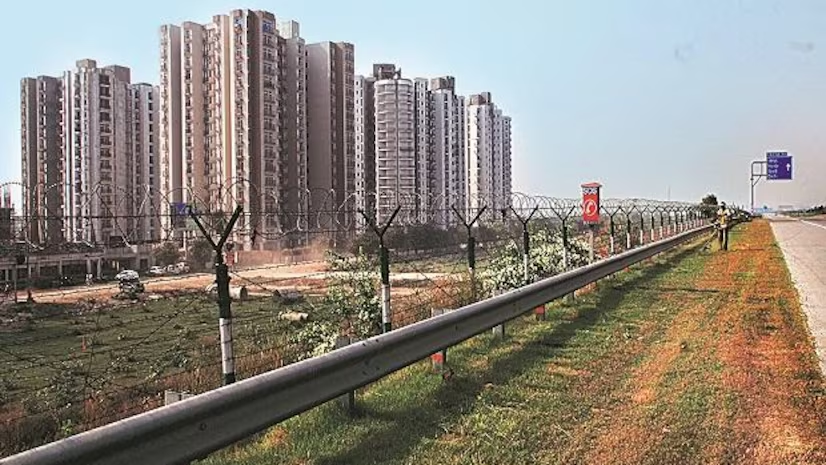The Municipal Corporation of Delhi (MCD) has announced a stringent directive mandating the closure of all projects that have remained inactive for more than six months since the issuance of work orders. This decisive move aims to address the persistent issue of project delays, which have been causing significant fund blockages and adversely impacting the corporation’s overall operational efficiency.
A recent circular from the additional commissioner of the engineering department highlighted that despite clear instructions from the commissioner, many work orders have remained open, leading to financial and logistical bottlenecks. The circular stated, “Projects where the work order or contract has been awarded for more than six months without commencement will be deemed closed, and such actions will be reported to the next higher authority. Extensions beyond the specified completion date will not be permitted without the explicit approval of the engineer-in-chief.”
This policy will also apply to projects under specific schemes such as the MLALADS (Member of Legislative Assembly Local Area Development Scheme) and Mukhyamantri Sadak Punarnirman Yojna (MSPY). The MCD is taking a firm stance on ensuring timely project execution, with an emphasis on preventing unnecessary delays.
Exceptions to this directive will be considered only if the MCD determines that continuing the project is in the larger public interest. In such cases, an extension may be granted, but only with the engineer-in-chief’s explicit approval, accompanied by a detailed justification for the delay.
The circular also underscored that appropriate actions would be taken against agencies responsible for delaying project commencements, in accordance with Central Public Works Department (CPWD) guidelines. It clearly stipulated that no extensions would be granted under normal circumstances.
For projects that have begun but encountered unforeseen obstacles, the directive specifies that these should also be deemed closed and handled as per the provisions of the CPWD manual. However, a provisional extension of up to three months beyond the original completion date may be considered, subject to consultation and formal approval from the engineer-in-chief.
To ensure compliance, the circular instructed all MCD divisions to strictly adhere to the guidelines. The superintending engineer is tasked with monitoring the status of all pending work orders within their division and ensuring adherence to the new directive. A compliance report must be submitted to the chief engineer within ten days of the circular’s issuance.
Failure to follow these instructions will result in stringent disciplinary actions, reinforcing the MCD’s commitment to maintaining project timelines and operational efficiency.
This proactive measure by the MCD is a clear indication of its determination to streamline project execution processes, eliminate bureaucratic inefficiencies, and ensure optimal utilisation of public funds. By setting and enforcing stringent timelines, the MCD aims to enhance accountability and transparency in the execution of public works.




